Division of Research Programmer Analyst Training Program
Category : Alumni
Program Overview
The Division of Research (DOR) Programmer Analyst Training program is designed for entry level analysts interested in health care and epidemiologic research. The program includes a robust curriculum in didactic and interactive programming analysis using data from electronic medical records and other sources. Participants are also embedded with research teams applying their learnings and contributing to real world health research studies. The training program is open to candidates who have recently completed or will complete graduate school by June 2020. Participants in the six-month training program, July 20 – December 18, 2020, are employees with salary and benefits. Upon successful completion of the program, the participant will be evaluated to determine if a long-term position is available.
Program Goals
Develop skills in programming and analysis techniques for research projects
Provide opportunities to contribute to epidemiologic and health research studies
Help successful participants prepare for careers at DOR and Kaiser Permanente Learning Opportunity
Introduction to Kaiser Permanente’s data systems and databases
Training in fundamental skills of data extraction, data analysis and consultation, and data presentation for research studies
One-on-one and group mentoring by experienced team members, including DOR’s research scientists and other senior analysts
Assignment to one or more ongoing research project teams
Participation in DOR’s peer group of more than 100 Programmer Analysts
Qualifications
Recently completed master’s degree program in a related field, such as epidemiology, statistics, biostatistics, or public health
Interest or training in statistical programming languages
Additional Requirements
Strong analytical, self-initiative and innovation skills
Ability to conduct and interpret quantitative and qualitative analyses
Effective communication, consulting, interpersonal, and presentation skills
Proficiency with PC applications including spreadsheet, word processing, and graphics packages
Must be able to work in a Labor Management Partnership environment
Eligible to work in the US
To Apply
Applications are now being accepted through January 15, 2020 for the July 20 – December 18, 2020 program. Interviews and hiring decisions will take place January – March 2020. Application Instructions Please create ONE document file (e.g. Word or pdf) containing the items listed below and email to DOR-PA-Trainee [at] kp [dot] org by January 15, 2020, 11:59 pm pacific time.
One document file (e.g. Word or pdf) to include: 1. Cover Letter: limited to two pages in font no smaller than Times New Roman 12 pt or Arial 11 pt. Margins must be 1”. The cover letter must include:
your programming, internship and/or work experience
your career goals
how the program will help you further these goals
2. Resume: the top of the resume must include: Current degree program and name of school Expected graduation date
3. Two references: reference name, title, organization, phone and email
4. Writing sample (e.g. first few pages of a thesis, report, or paper for coursework where you are the sole author)
5. Work sample, limited to one page, such as an example of programming code, data analysis or similar product, which reflects your skills and experience.
About Us
Kaiser Permanente is an integrated health care delivery system with a diverse membership in eight regions across the US. In the Northern California region, Kaiser Permanente has 4 million members, a network of 21 hospitals and 100 ambulatory medical offices, and a multi-specialty physician group withover 9,000 physicians. The Division of Research, which is part of Kaiser Permanente in Northern California, has more than 600 people on staff, including 55 faculty-level investigators and 80 programmer analysts, with 475 ongoing, funded projects on a wide range of health research topics. Founded in 1961, the Division’s research program has been built on a base of rigorous epidemiologic and health services investigation. In 2017, the Division’s research portfolio totaled over $84 million in grants awarded by the National Institutes of Health, other federal agencies, private foundations, industry, and Kaiser Permanente. The Division of Research draws upon the Kaiser Permanente Northern California Region’s rich electronic medical record data and advanced informatics infrastructure. Located in the San Francisco Bay Area, the Division of Research office is at 2000 Broadway, Oakland, CA 94612. This is near Lake Merritt and the Uptown district, and well-served by public transportation. For more information Visit the Division of Research website by clicking HERE.
Important Dates:
Applications due: January 15, 2020 by 11:59 pm pacific time Program Dates: July 20 – December 18, 2020
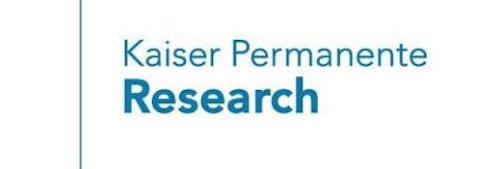

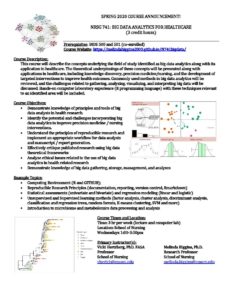


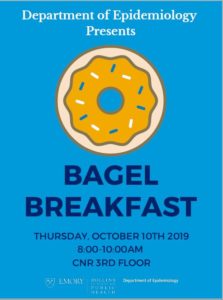
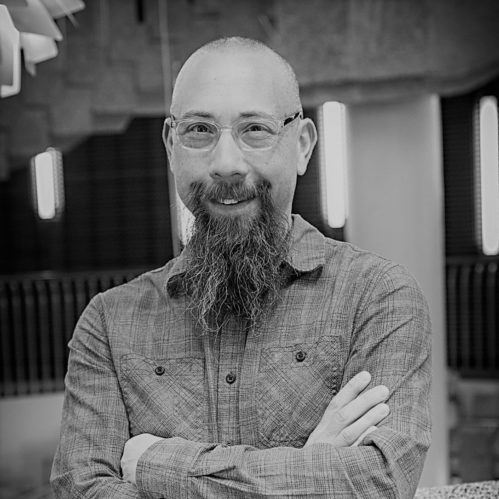



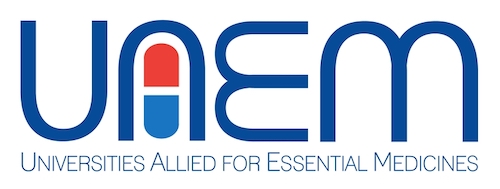
Recent Comments